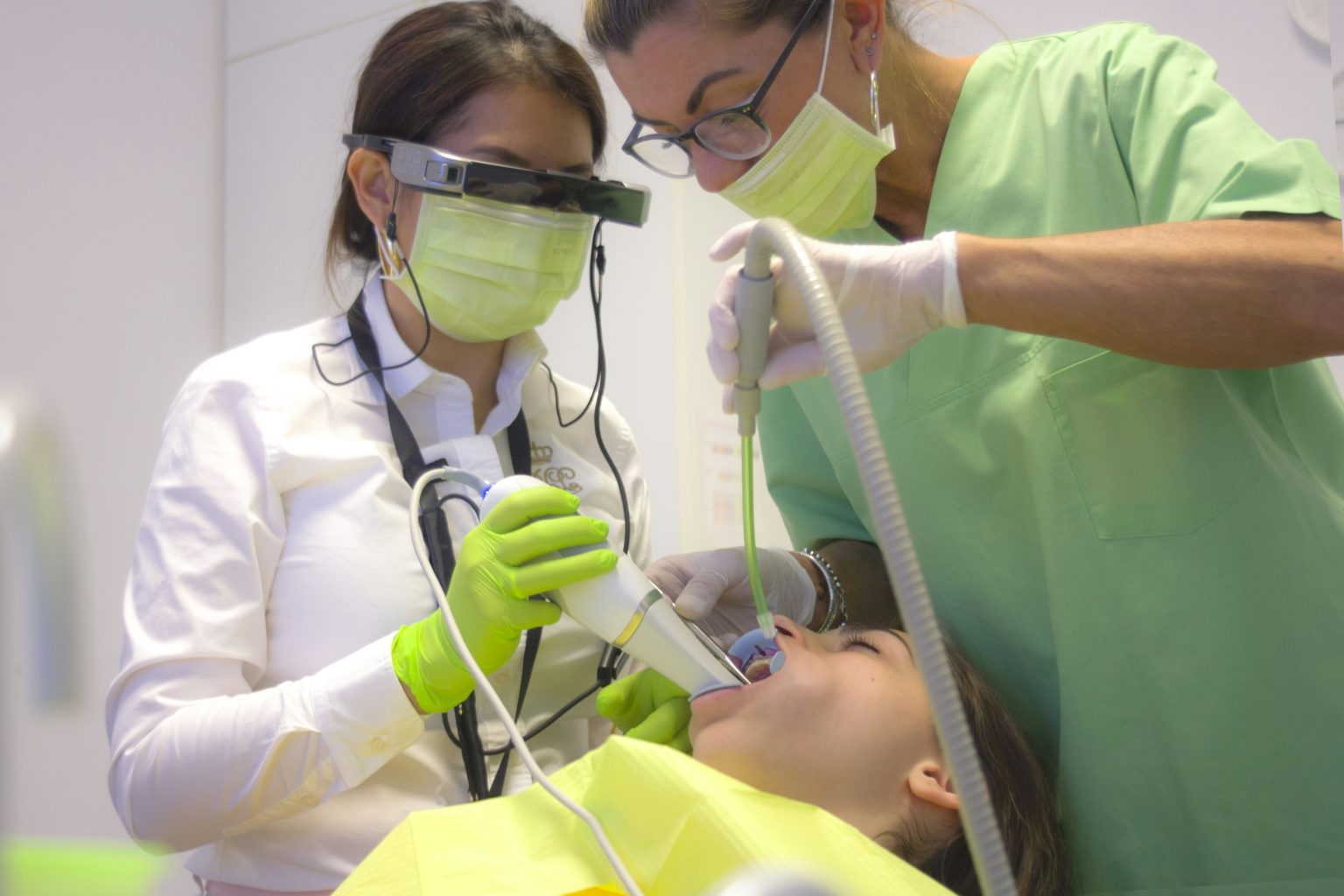Pursuing a career as a dental assistant begins with one essential step—choosing the right school. While the profession itself is hands-on and fast-paced, the foundation must be built in a learning environment that fosters technical skills, critical thinking, and compassion for patient care. A well-rounded dental assistant program can make all the difference, not just in gaining employment but in feeling confident and competent in the role.
The choice of school is more than a matter of convenience or cost. It shapes how prepared you’ll be in the field, how comfortable you’ll be with real-world scenarios, and how easily you can adapt to the dynamic nature of dental care. To make a wise decision, you must look at several key aspects of a program before committing.
Accreditation and Reputation
One of the first things to look for is whether the school is accredited by a recognized body. Accreditation means the program has met specific standards of quality and curriculum design. It ensures that students receive education that aligns with the latest practices in dentistry and healthcare.
A school’s reputation can also speak volumes. Hearing from past students or looking into its performance statistics—such as graduation rates or job placement numbers—can offer insight into what you can realistically expect. Not all schools deliver the same level of quality, so it’s essential to do your homework.
Hands-On Training Opportunities
Dental assisting is a role that depends heavily on practical skills. You’ll be taking X-rays, assisting during procedures, sterilizing tools, and directly interacting with patients. Because of this, the best programs emphasize hands-on training through labs and externships.
When evaluating a school, look into how much time is devoted to clinical experience. Some programs partner with real dental clinics or offices, allowing students to apply their skills in actual work settings. This kind of training is invaluable when transitioning from the classroom to a dental practice.
Curriculum That Matches Industry Needs
Not all dental assistant programs cover the same topics or in the same depth. A comprehensive curriculum should include chairside assistance, dental radiography, infection control, dental anatomy, and office management. Soft skills, like communication and patient education, are just as crucial.
You’ll want to choose a school that constantly updates its curriculum to reflect the current trends in the dental field. A program that incorporates digital tools, modern procedures, and technology used in today’s clinics will help you stay competitive in the job market.
Support Services for Students
Another aspect that makes a program stand out is the support offered to its students. Schools that provide academic advising, tutoring, career counseling, and even mental health support contribute to a healthier, more productive learning environment.
These services might not seem critical at first, but they can make a big difference when challenges arise. Whether you’re balancing family, work, or personal stress, having a network that understands and assists can help you stay on track toward your goals.
Experienced and Qualified Instructors
Behind every successful program is a team of instructors with real-world experience. It’s important that your instructors not only understand theory but have spent time working in dental practices themselves. This firsthand knowledge adds depth to what you’re learning and prepares you for situations that textbooks alone can’t teach.
Try to find out more about the faculty when researching schools. Their background, teaching approach, and involvement in the industry will all contribute to how enriching your education is.
Location, Schedule, and Flexibility
For many students, especially those juggling other responsibilities, practical concerns like location and schedule flexibility are deciding factors. Some schools offer evening or weekend classes, hybrid learning options, or even fully online components for coursework that doesn’t require lab time.
Choosing a school that works with your lifestyle allows you to pursue your education without unnecessary stress. It’s not just about finding a great program—it’s about finding one you can realistically stick with and succeed in.
Post-Graduation Support and Job Placement
Once you finish your program, the transition into the workforce can be intimidating. The best schools understand this and help students move smoothly from education to employment. They may offer resume workshops, interview coaching, or connections with local dental practices seeking new hires.
A school that demonstrates commitment beyond graduation shows that their investment in you is long-term. Institutions like Delta College are known for providing both education and resources that help students launch their careers with confidence and clarity.
Cost and Financial Aid Options
Of course, affordability is another major consideration. While you want quality training, it must also fit within your financial means. Be sure to compare tuition rates and look into what financial aid or scholarship options are available. Some programs may offer payment plans or work-study opportunities to help ease the burden.
Choosing a more affordable program doesn’t mean sacrificing quality, as long as the other critical factors—like accreditation and practical training—are in place. The key is to find a balance between cost and value.
Final Thoughts
Enrolling in a dental assistant program is a decision that opens the door to a rewarding and in-demand profession. But to truly set yourself up for success, you must begin with the right educational foundation. By focusing on aspects like accreditation, hands-on training, curriculum quality, student support, and flexibility, you’ll ensure that your chosen program aligns with your goals and lifestyle.
Your school will shape not only your learning but also your readiness to face the challenges and rewards of a real-world dental environment. So take your time, ask questions, and choose a program that reflects your ambition and potential. The right decision now will lead to a lifetime of career satisfaction.


